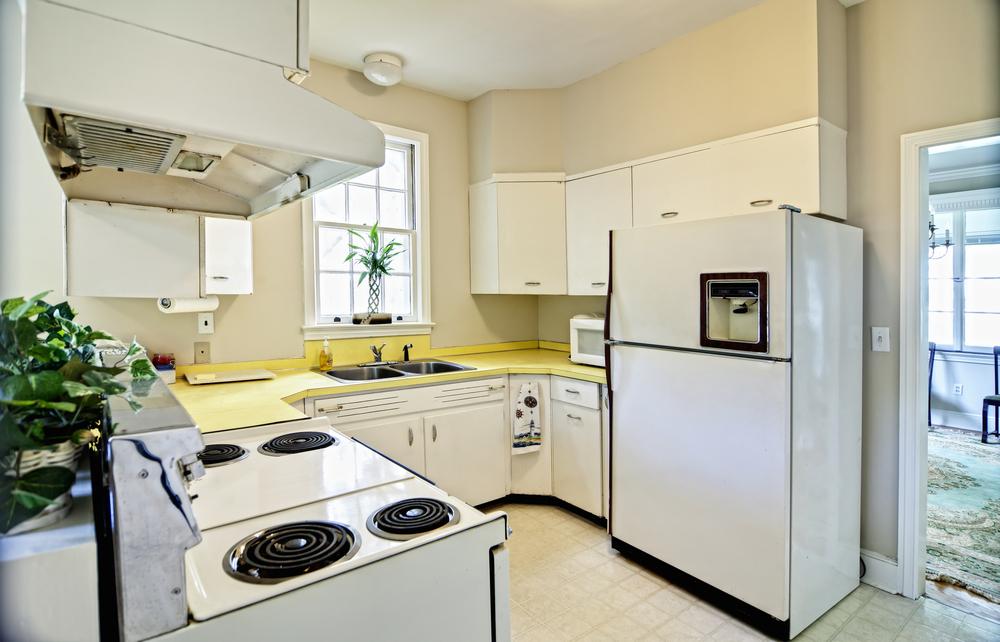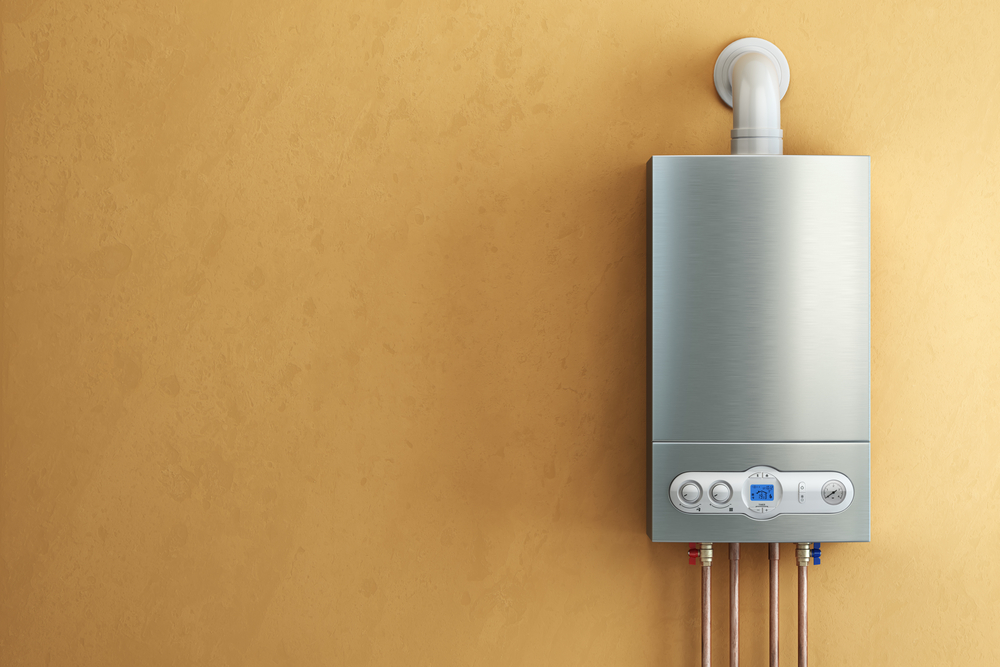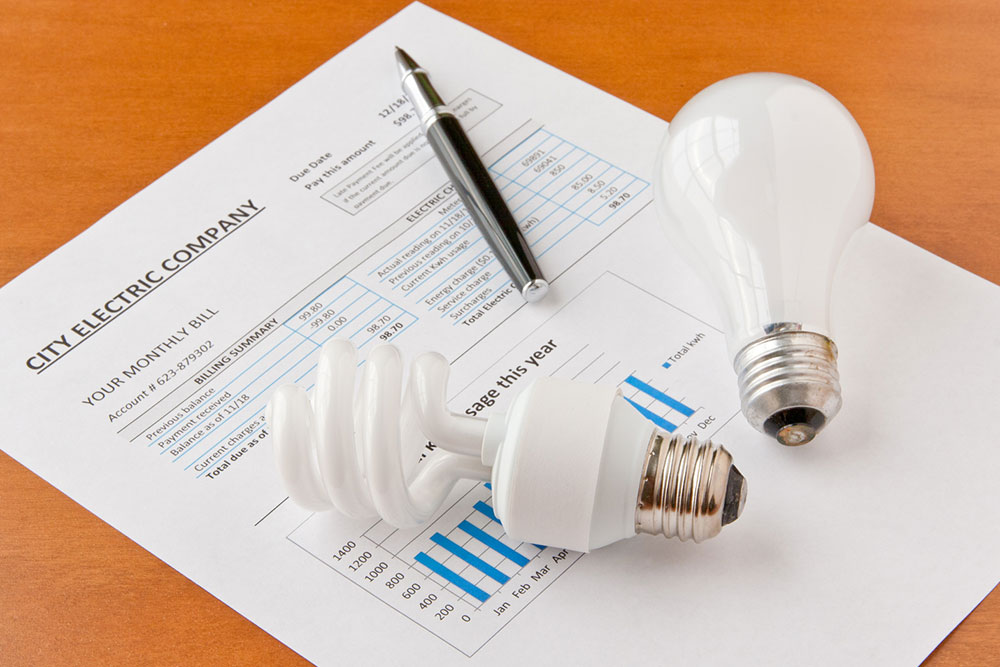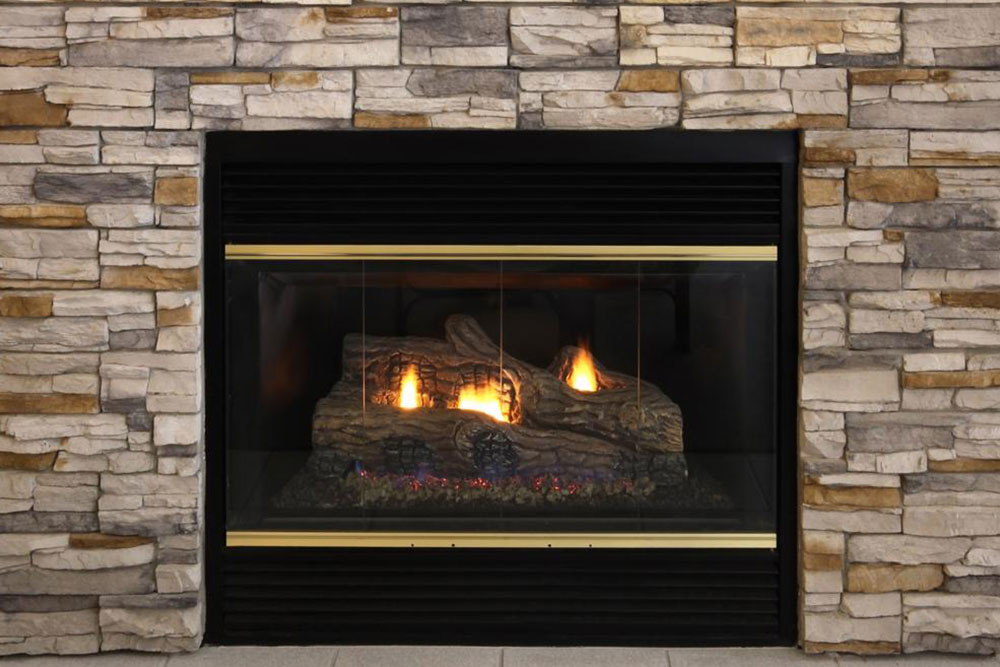Ultimate Home Boiler Selection Guide: Find the Perfect Heating System for Your Home
This comprehensive guide helps homeowners choose the ideal boiler system by exploring various types and fuel options. It covers key considerations such as boiler types like combi, system, and traditional, along with fuel sources including gas, oil, and electricity. The article emphasizes the importance of compatibility, efficiency, and long-term cost savings, providing valuable insights for making an informed decision that ensures reliable, cost-effective heating tailored to your home's needs. Perfect for homeowners looking to upgrade or install a new boiler system.
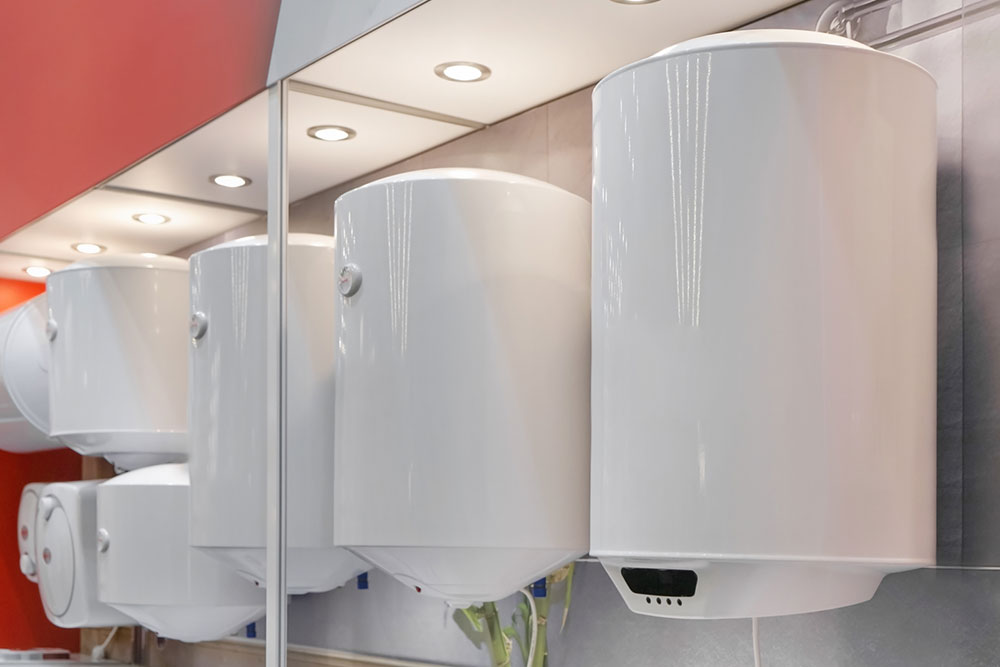
Ultimate Home Boiler Selection Guide: Find the Perfect Heating System for Your Home
Ensuring your home's warmth and energy efficiency starts with choosing the right boiler system. A well-selected boiler not only keeps your living space cozy during cold winters but also optimizes energy consumption and reduces environmental impact. With a variety of boiler models and fuel options available today, making an informed choice is crucial to meet your household's heating needs. This comprehensive guide provides detailed insights into different boiler types, fuel sources, and key considerations to help you select the most suitable system for your residence.
What Exactly Is a Home Boiler?
These boilers work by heating water stored within a tank and circulating it through a network of pipes across your home. Depending on the system's design and fuel source, water may be vaporized into steam or kept as hot liquid, each suited to different heating setups. Compatibility with your existing radiators or underfloor heating systems is vital; some boilers are designed specifically for hot water or steam systems. Proper matching of your boiler type and fuel source ensures maximum efficiency, longevity, and safety of your overall heating system.
Understanding the Different Types of Home Boilers
Combi (Combination) Boilers
Combi boilers are versatile units that combine space heating and instant hot water supply in a single compact system. They are highly energy-efficient, making them ideal for small to medium-sized homes. The absence of a separate hot water tank or cylinder means they save space and reduce installation costs. However, flow rate limitations can cause reduced water pressure if multiple fixtures are used simultaneously, which might impact performance in larger households or homes with high hot water demand.
System Boilers
System boilers require a hot water cylinder but do not need a separate cold-water tank, simplifying installation. They supply hot water to multiple taps simultaneously with a steady pressure, making them suitable for busy households. These boilers are more energy-efficient compared to traditional models and work well with different heating zones. Due to their internal components, system boilers usually take up more space because of the hot water cylinder, but they provide a reliable and efficient heating solution for homes with moderate to high hot water needs.
Conventional (Traditional) Boilers
Conventional boilers, also known as traditional or heat-only boilers, require both a cold-water tank and a hot water cylinder. This classic setup is common in older homes and properties with higher hot water demands. They are capable of supporting multiple outlets simultaneously, making them suitable for large households. However, they can be less efficient than modern systems because they take time to heat water and can run out of hot water if the tank’s supply is exhausted. Maintenance may be more involved, but they remain a robust choice for specific applications.
Fuel Sources and Energy Options for Home Boilers
Gas Boilers
Gas-powered boilers are among the most prevalent due to their affordability and efficiency. They require connection to a natural gas supply line and are often equipped with condensing technology to maximize energy efficiency. Proper safety checks and regular maintenance are essential to prevent leaks and ensure safe operation. Gas boilers tend to be cost-effective both in initial purchase and operational costs but are only viable in areas with access to natural gas infrastructure.
Oil Boilers
Ideal for regions without natural gas access, oil boilers are a reliable alternative. They operate by burning oil stored in an on-site tank, offering consistent heat output. Although oil prices can fluctuate, these systems are valued for their robustness and efficiency, especially in rural or off-grid locations. The main considerations include maintaining the oil tank and managing the higher emissions compared to gas systems.
Electric Boilers
Electric boilers are an excellent choice for homes lacking gas or oil pipelines. They are compact, easy to install, and operate silently. Their versatility allows them to be used in various property types, especially in smaller homes or apartments. However, operational costs can be higher depending on local electricity prices, making them a cost-effective option primarily in areas with cheap electricity or for supplementary heating needs.
Cost Factors and Long-Term Investment
The total cost of installing a home boiler varies widely, typically ranging from around $4,000 to over $15,000, depending on the type, size, and complexity of the system. While the initial investment may seem substantial, a quality boiler can last 15 to 20 years if properly maintained, representing a valuable long-term investment. Replacement costs are also variable, generally falling between $1,200 and $16,000, influenced by the boiler’s specifications, installation intricacies, and necessary upgrades to existing infrastructure. Choosing the right boiler is crucial not only for immediate comfort but also for sustainable energy savings and reduced utility bills over the years.
In conclusion, selecting the right home boiler involves understanding your household’s heating requirements, available fuel sources, and the type of boiler best suited to your property. Careful consideration of these factors will ensure that your home remains comfortable, energy-efficient, and environmentally friendly for years to come.
